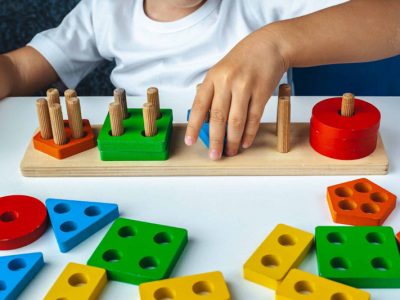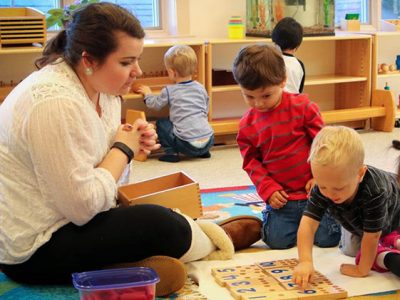
Communication is a crucial part of everyone’s life. It’s therefore important that your child learn these skills as early as possible to make them better communicators. Listening is also an essential skill most people seem to forget instilling in their young. Listening is a skill that should also be nurtured in children because when they are good listeners, they will be able to learn better and faster than those who struggle with listening. Here are some bonified ways to boost listening and communication skills in children.
Gain Their Full Attention
With children being exposed to a wide range of devices from a tender age, it is essential to help them understand that their full attention is required when someone is speaking to them. It would help if you always encouraged the child to look at you when you are speaking directly to them. This will teach them to always pay attention to what is being said.
Having Fun with Words
Vocabulary is crucial to a child learning their communication skills. Since children tend to pick words from their environment, make sure that this activity is fun. For instance, you can try reading various books with the child and make sure to explain the different meanings to different new words you come across. Word games are also a fun way to learn new vocabulary and test out the ones they have learned already.
Use Games to Learn
To ensure that the child is fully listening to what you are saying, you can use fun exercises to help them better retain what they heard. For example, you can ask the child to repeat what you said if, for instance, you gave them instructions. You can also use stories to help the child get better at listening. You can make storytime interactive where you let them retell their favorite parts, ensuring they are attentive throughout the story.
Use Questions
Questions are one thing all children always seem to have in common. Since they observe and ask questions, you can also use these same questions to build their communication skills. When discussing various topics, use open-ended questions as much as possible because, according to the experts, it helps the child develop problem-solving skills, support learning, and help stimulate creative thinking. This is as opposed to closed questions, which often leads to one-word answers, which won’t add to their growth potential.



